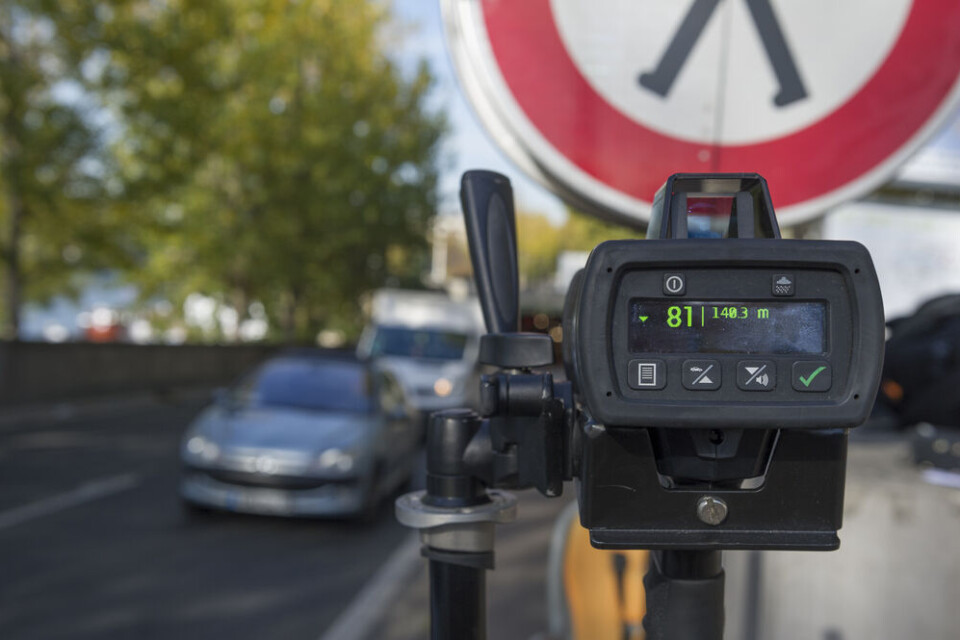-
Bikers tag dangerous French roads to shame authorities
Operation carried out for a number of years by local groups of the Fédération française des motards en colère
-
Do I need separate caravan insurance in France?
Fixed and mobile models have different rules and coverage
-
How can I know if speed limit is 80 km/h or 90 km/h on road following changes?
More than 50 departments have partially or fully overturned 2018 law change reducing limits on secondary roads
How far back can I be fined for speeding in France?
A deadline on how long after an offence a fine can be issued is in place although it can be extended

Reader Question: I received a letter last month over a fine regarding a speeding offence I committed a year ago. Do I still need to pay it even though the offence is old?
In France, there are two ways you may be notified of a fine for breaking driving rules.
Firstly, there are tickets left on car windshields informing drivers of a parking fine, which provide information on how the fine must be paid, or tickets for other offences that can be handed to you in person by a police officer or gendarme.
However, it is not mandatory for parking tickets to be placed on a vehicle before sending information through the post about a parking offence, with information on fines also being able to be sent directly to a person’s address.
This is also the case for speeding offences – either captured by fixed or mobile cameras or radar cars – that are of course usually sent through the post.
The fines and information of the offence generally arrive a few days after – if caught by a fixed camera – or a few weeks later, if caught by a mobile camera.
Note that these fines are sent to the address listed on your vehicle registration (and the name of the car’s owner) which is why you must ensure if you move homes you update this information.
What is the limit to being given such a fine?
A request sent through the post, however, must be sent out within one year of the offence being committed due to statute of limitations rules.
If a fine was not sent out until more than a year after the offence, then in theory you do not have to pay it.
This only applies to minor offences such as speeding and parking (classed as contraventions) and not more serious criminal offences (those classified as délit) where the limit increases to six years.
The rules are also slightly different for ‘habitual offences’ not classed as délit (for example driving without insurance).
In these cases, the one-year limit applies to when the rule-breaking was first discovered, as opposed to when it started – for example if you had been driving without insurance for nine months, but this was only discovered two months ago, the authorities would still be able to issue the fine for the next ten months.
Read more: Lower penalties for minor speeding offences confirmed in France
Period can be extended in some circumstances
This one-year period can be extended, however, if subject to an ‘interruption’ during the period where a fine is eligible to be demanded.
This can include a ruling made in a court (related to the offence or driver in question), as well as a request from the public prosecutor or a police officer/gendarme involved in the case.
If there is an interruption the one-year limit resets, meaning the fine has to be issued within one year of the interruption date.
‘Interruptions’ are more likely to happen for cases involving a délit, however, as opposed to those relating to speeding tickets.
Related articles
How can I check if speeding fines were sent to my French second home?
Driver fine: Radars capture more motoring offences in France
























